The eighteenth-century designer, inventor and industrialist Matthew Boulton (1728–1809) was a consummate businessman, and leading light of the influential Lunar Society. A Birmingham ‘toy’-maker producing buttons, buckles and silverware, he went into business with James Watt and exported Bolton & Watt steam engines all over the world. His magnificent ormolu ornaments decorated aristocratic drawing rooms and his determination to discourage counterfeiters led to a contract to manufacture British and foreign coins at his mint. Boulton led the campaign to establish the Birmingham Assay Office and was at the heart of the Lunar Society, a group of prominent industrialist, natural philosophers and intellectuals interested in scientific and social change. As Britain’s leading Enlightenment entrepreneur, Boulton was friends with Benjamin Franklin, Thomas Jefferson, Erasmus Darwin, Josiah Wedgwood and John Baskerville.
John Baskerville (1707–75) was a Birmingham printer and industrialist, an Enlightenment figure with a worldwide reputation who changed the course of type design. His typographic experiments put him ahead of his time, had an international impact and did much to enhance the printing industry of his day. The volumes he created in Birmingham—from an edition of Virgil’s poetry (1757) to his final publication, William Hunter’s magisterial The anatomy of the human gravid uterus (1774)—are recognised as masterpieces of the art and craft of book making. In 1758 Baskerville secured a patent to become printer to the University of Cambridge, a post he held until 1766. While in Cambridge he printed four editions of the Book of Common Prayer (1760) and a folio Bible (1763) which is still regarded as one of the world’s most beautifully printed books.
The lives of Boulton and Baskerville, two great figures of Birmingham’s history, were intertwined both commercially and socially. Baskerville, the older man, loaned Boulton money for his business; Boulton sold Baskerville’s japanware; and both men served on the town’s committees. Boulton purchased the land for his manufactory from kin of Baskerville’s wife, Sarah, and the two men, their wives and families dined together at their respective homes at Soho and Easy Hill. Boulton was an early subscriber to Baskerville’s Cambridge Bible. His personal copy was bound using the printer’s trough-marbled paper as endleaves and typical red morocco leather boards elaborately tooled in gilt with decorative borders. Annotated by a contemporary hand with details of the Boulton family the Bible is a magnificent example of Baskerville’s printing and a rare specimen of his bindings. The importance of the volume, however, goes beyond the typographic. It is also testimony to Boulton and Baskerville’s relationship, primary physical evidence of the interconnections of Birmingham’s eighteenth-century entrepreneurs and an object of both local and national significance.
It was, therefore, with some shock that we learned the Boulton family Baskerville Bible—along with 450 other rare volumes—had been placed at auction in London by the Birmingham Assay Office who had possessed the Bible since 1986. Prior to that it had been part of the Boulton family library at their home in Great Tew, Oxfordshire.
We felt very strongly that the Bible should remain in its ancestral home. To which end, a consortium of city heritage organisations—the Baskerville Society, Cadbury Research Library (University of Birmingham), Centre for Printing History & Culture, Birmingham Civic Society and the Lunar Society—was formed to raise funds to purchase the Bible and ensure the volume remained in Birmingham. The level of support for the campaign was truly astonishing. Support was received from across the international typographic and bibliographic communities. In addition, faith groups, civic societies, corporations and organisations, public figures and private individuals all backed the campaign and pledged support and funds. It seems the significance of the Bible rippled across generations and borders and brought people together for a common and good purpose.
The Consortium is immensely grateful for this remarkable support and would also like to thank the Friends of National Libraries for its generous contribution to the campaign.
We are delighted that Matthew Boulton’s family Baskerville Bible has been secured. It will now permanently remain in Birmingham at the Cadbury Research Library at the University of Birmingham, which has the appropriate resources to care for it, alongside the University’s many other Baskerville holdings. The Consortium will commemorate and celebrate the acquisition of the Bible through a series of events to ensure that it provides for public enjoyment, education and opportunities for research for people in Birmingham and further afield.

